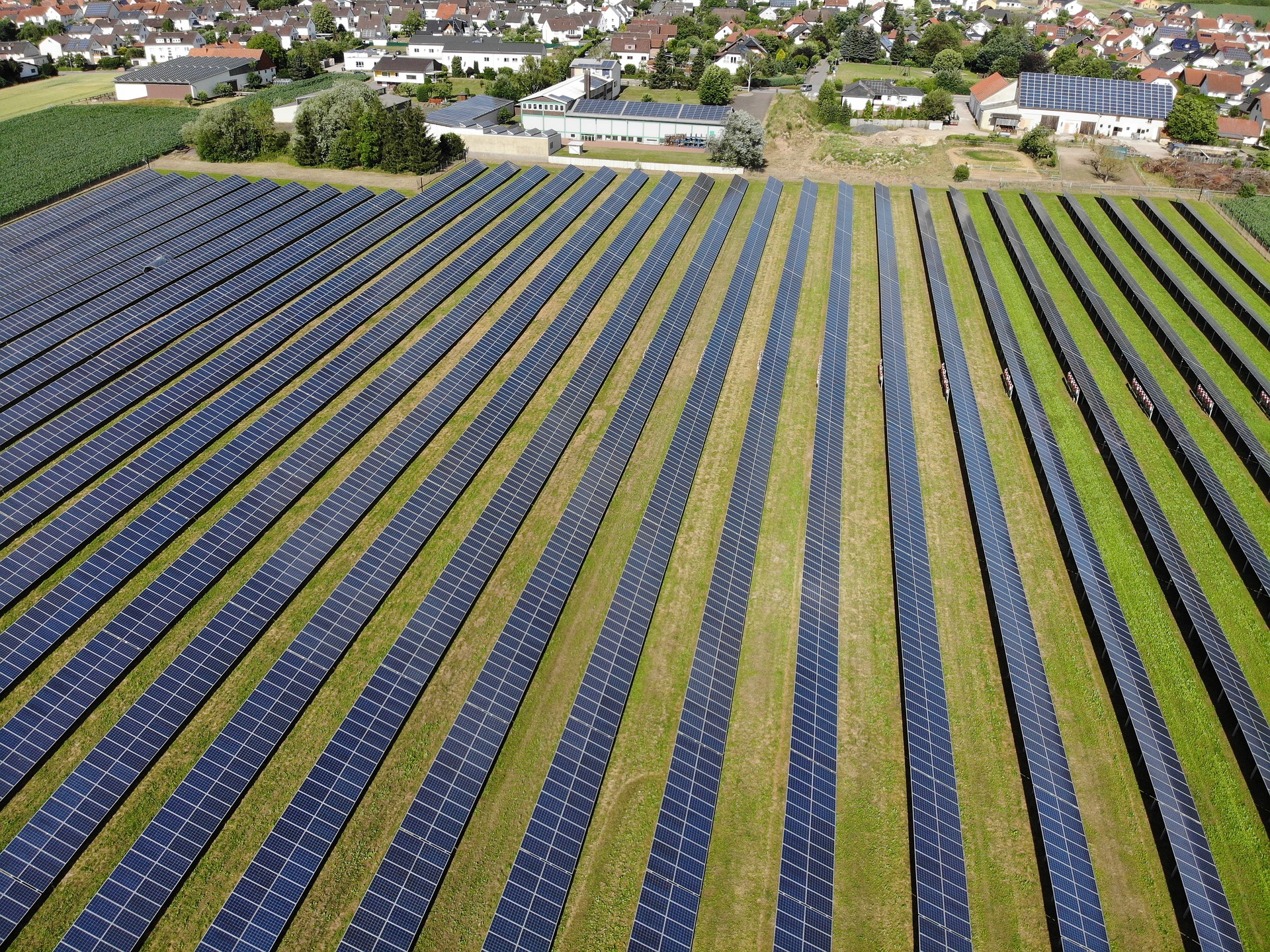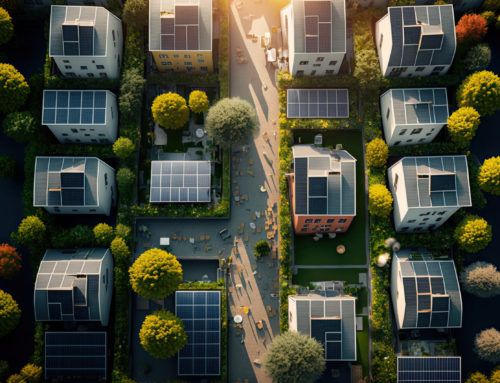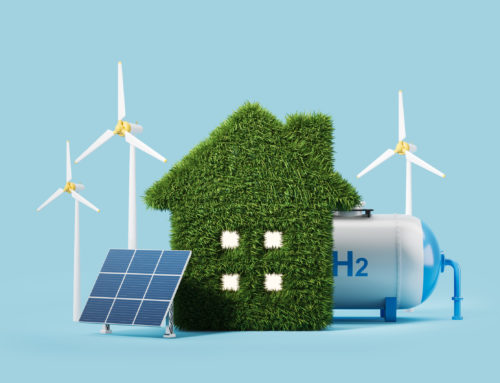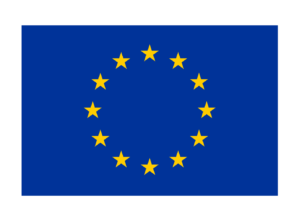Energy communities are citizen-led initiatives that allow citizens to take control of local energy production and consumption. They help decentralise energy systems where the grid is owned by local people with solar and wind farms set up in fields or solar panels installed on rooftops. In this way, locals consume the clean and renewable energy they produce at home, and each household becomes a player in the energy sector. Citizens actively participate in the decision-making process and participate in the local community economy, as these projects stimulate local employment. In this way, energy communities organise collective and citizen-driven energy actions that help to pave the way for the clean energy transition while bringing citizens to the forefront. They also help to increase public acceptance of renewable energy projects and facilitate the attraction of private investment in the clean energy transition.
The concept of energy communities also offers a solution to energy poverty, one of the biggest problems of our time. In 2018, around 34 million Europeans were unable to keep their homes warm enough. According to a 2019 EU-wide survey, 6.9% of the EU population could not afford to heat their home sufficiently. Especially in local areas, energy poverty is a serious problem that can be solved through the flexibility that energy communities offer to the electricity system through demand response and energy storage, while improving their energy efficiency and reducing energy bills.
In May 2019, the EU has introduced the concept of energy communities in its legislation through the Clean Energy for All Europeans package as “citizen energy communities” and “renewable energy communities”. Particularly the revised Renewable Energy Directive II (REDII) and the Internal Electricity Market Directive (IEMD) contain provisions that create a supportive EU legal framework for community ownership. With these provisions, the EU legislation acknowledged for the first time the role of community energy ownership to meet its climate and energy objectives and signalled a strong shift in the role of citizens from passive consumers to active participants in the energy transition.
Worldwide, energy communities can take any legal form, such as an association, cooperative, partnership, non-profit organisation or small/medium enterprise. This makes it easier for citizens, along with other market participants, to come together and invest jointly in energy assets. This in turn helps to contribute to a more decarbonised and flexible energy system, as energy communities can act as a single entity and have access to all relevant energy markets on the same terms as other market participants.
The European Parliament has granted funding to the European Commission to set up two different projects to contribute to the dissemination of best practice and to provide technical assistance for the development of specific energy community initiatives across the EU:
- Launched in April 2022, the objective of the Energy Communities Repository is to assist local actors and citizens willing to set up a Citizens Energy Community or a Renewable Energy Community in urban areas through technical and administrative advice, and encourage their development.
- The Rural Energy Community Advisory Hub was launched in June 2022. It will focus on assisting citizens, rural actors and local authorities in setting up a Citizen Energy Community or Renewable Energy Community in rural areas through technical and administrative advice, and encourage their development.
Through the Clean energy for all Europeans package, adopted in 2019, the EU introduced the concept of energy communities in its legislation, notably as citizen energy communities and renewable energy communities.
More specifically, the Directive on common rules for the internal electricity market ((EU) 2019/944) includes new rules that enable active consumer participation, individually or through citizen energy communities, in all markets, either by generating, consuming, sharing or selling electricity, or by providing flexibility services through demand-response and storage. The directive aims to improve the uptake of energy communities and make it easier for citizens to integrate efficiently in the electricity system, as active participants.
In addition, the revised Renewable energy directive (2018/2001/EU) aims to strengthen the role of renewables self-consumers and renewable energy communities. EU countries should therefore ensure that they can participate in available support schemes, on equal footing with large participants.
Empowering renewable energy communities to produce, consume, store and sell renewable energy will also help advance energy efficiency in households, support the use of renewable energy and at the same time contribute to fighting poverty through reduced energy consumption and lower supply tariffs. After all, citizens and farmers in Germany own up to 42% of renewable energy sources, which are often installed collectively, and in the Netherlands this proportion is up to 50%.






